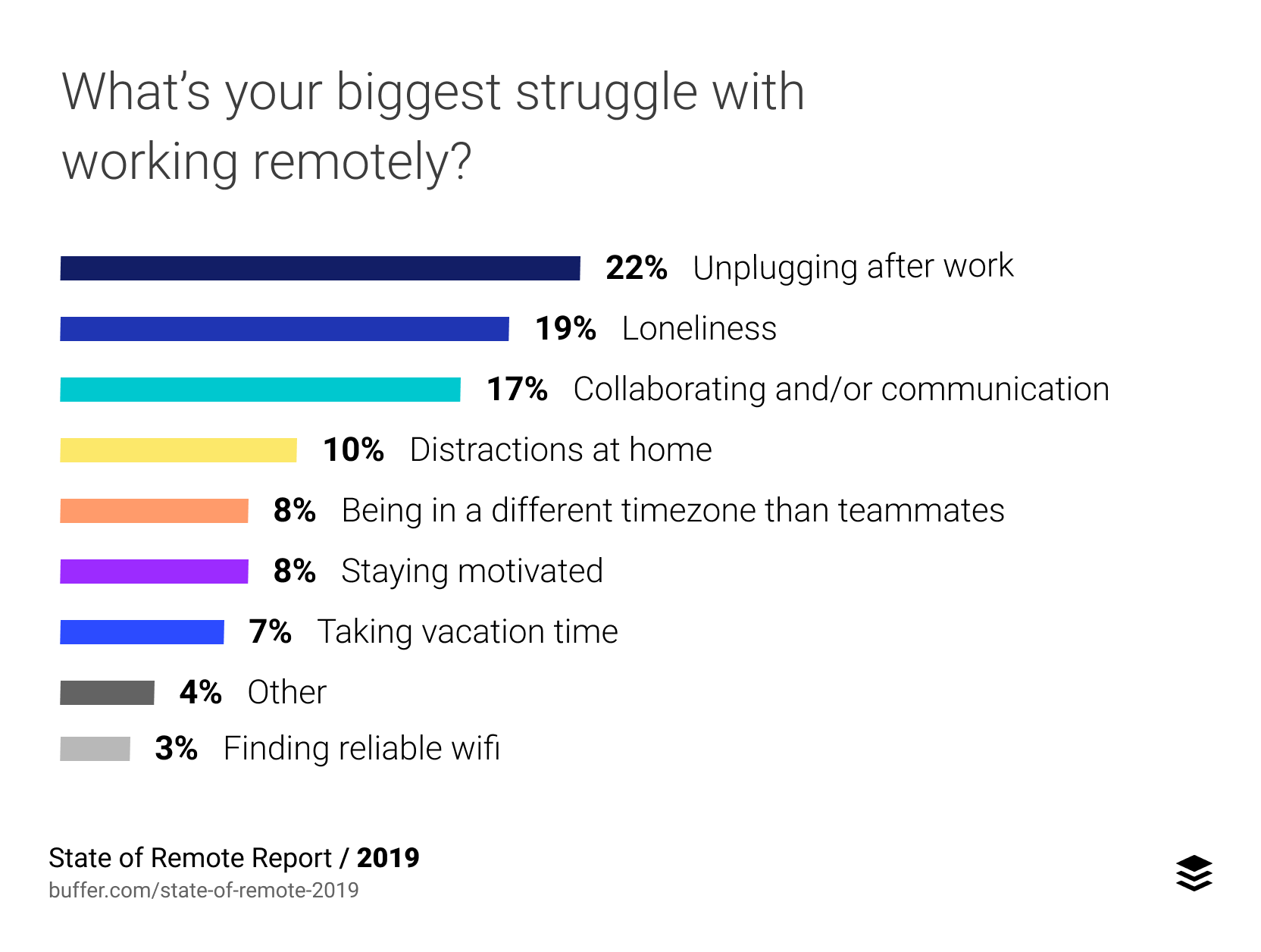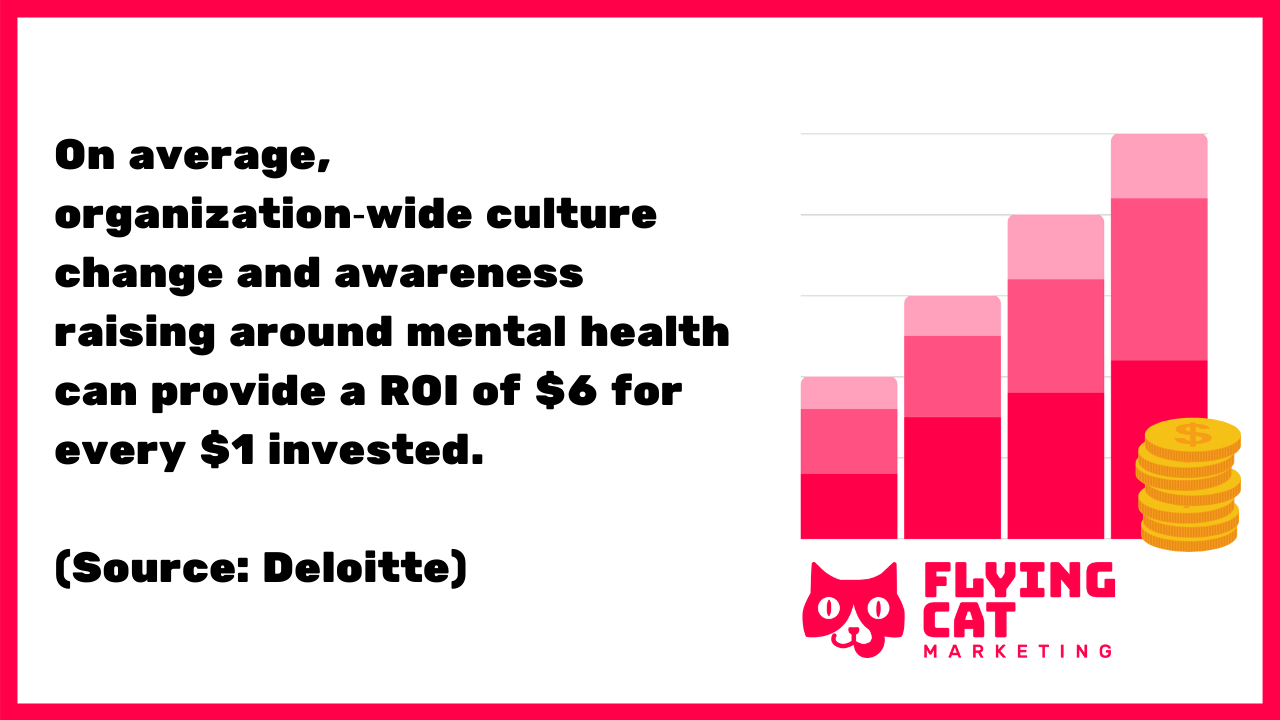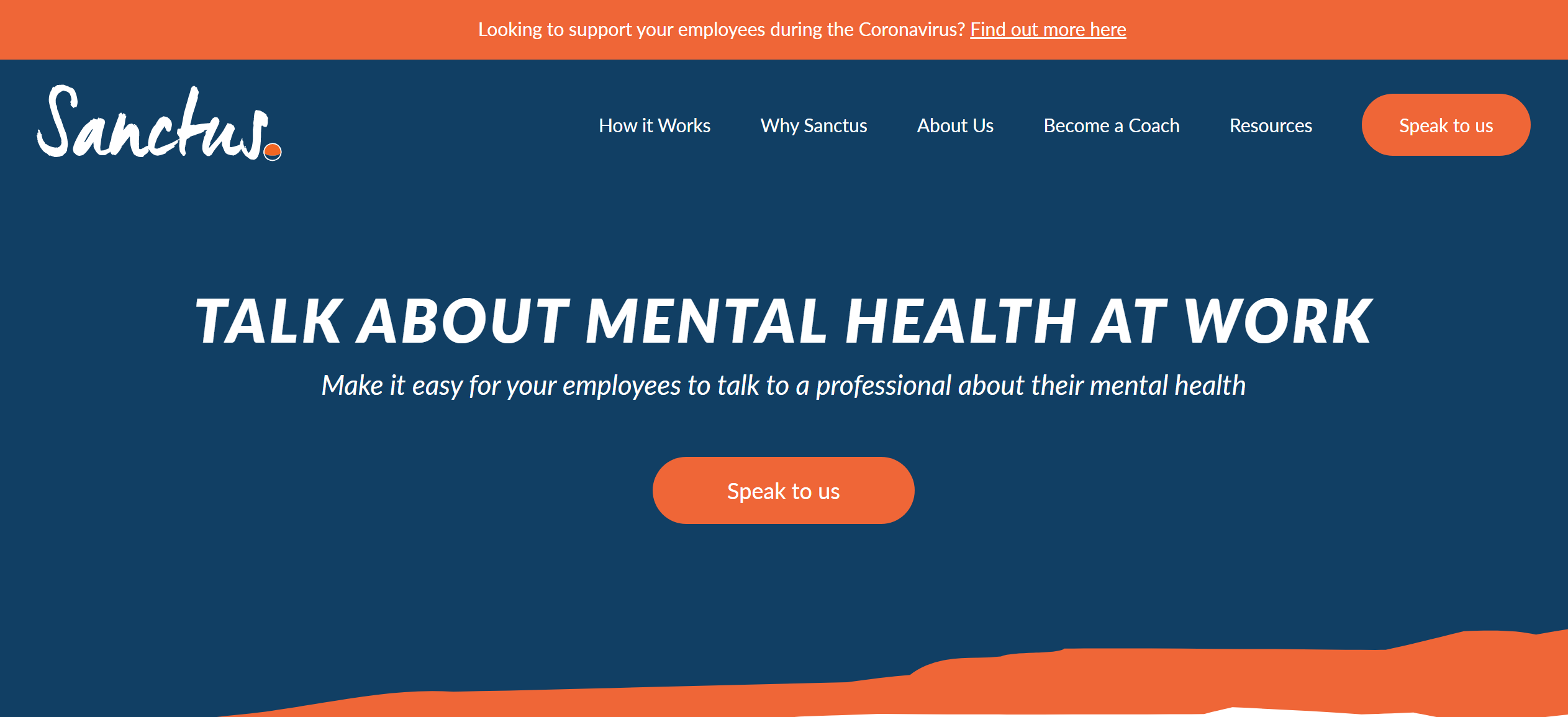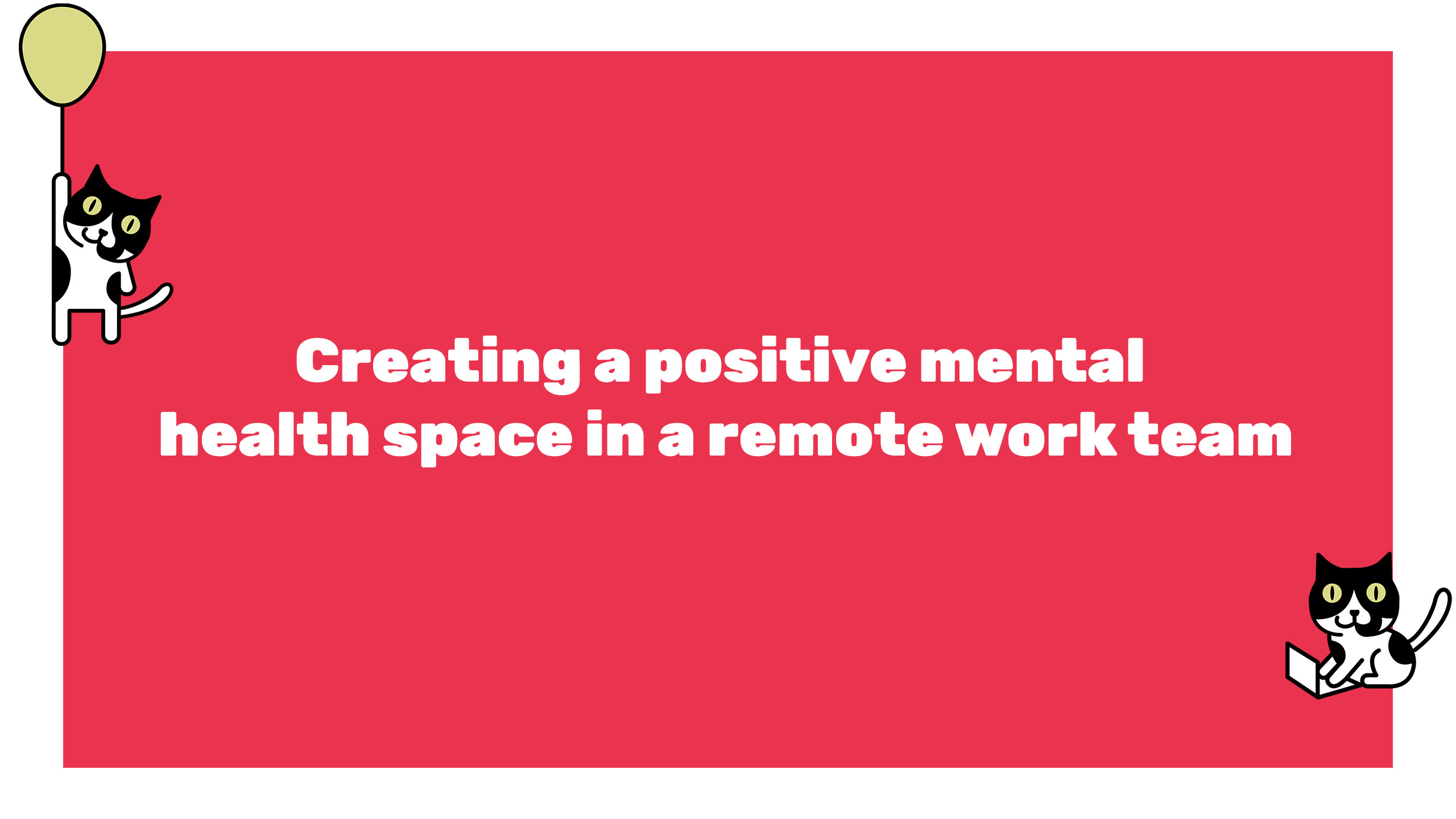Remote work used to be a dream for many, and now it’s a forced reality – for those lucky to still have work.
Companies are scrambling how not only to digitize their product and entire business strategy, but also to maintain a strong and dedicated team online.
‘Remote work best practices’ has increased by 250% in Google searches.
But most of those resources will be about tech, productivity and not so much about what really runs a business: its people.
The COVID-19 pandemic has been a shock and burden to most businesses, but it’s teaching us some important lessons.
For one, having a remote team is a benefit – not a burden, but it’s important to learn to navigate it and maintain the mental health of your team.
Your team was used to having its people around.
[tcb-script src=”https://www.buzzsprout.com/1399351/5853847-2-creating-a-positive-mental-health-space-in-a-remote-work-team.js?container_id=buzzsprout-player-5853847&player=small” type=”text/javascript” charset=”utf-8″][/tcb-script]
Being used to connecting in real life with your superiors and peers makes shifting to an isolated work day difficult emotionally and mentally. Not to mention there’s a learning curve for communicating everything online in the most efficient way.

Addressing isolation in your remote team
Your team was used to having people around them.
They could talk to their boss anytime, and could have a conversation with their team member.
A sudden shift into isolation can be depressing, especially during a crisis.
While wellbeing and mental health at the workplace has always been important, it’s more important than ever now.
Flying Cat Marketing spoke with George Bell from Sanctus, a mental health startup whose mission is to normalize mental health in the workplace.
He shared his insights about how to create a positive mental health space for a remote team.
Benefits of investing in mental health at the workplace
Investing in mental health – whether with money or a simple conversation, has astronomical ROI.
For one, it creates a sense of community in a company.
Being able to show up every day as your true self helps increase authentic communication and creates a sense of connection with your company.
If you care about your workers, they’ll care about you back.
But it also has monetary benefits.
A study by Deloitte showed that for every pound a company invests in mental health, they made 6.
Why?
Well, it seems obvious if you spell it out: When depression and anxiety go unmentioned, unnoticed and untreated, it just gets worse. And when people feel like crap, it’s not easy to perform well and get creative.

These ailments create a sense of loneliness, isolation, and reduces motivation.
“They want to just ignore it. People wait until things get really, really, really bad. Then they get signed off work six months. They they become suicidal. They go to therapy” George, Marketing Manager at Sanctus, told me.
Companies may want their employees to leave their emotional baggage at home, but as long as employees are human, this is a utopian fantasy.
People have struggles every single day.
It might not be something serious.
It could be something simple like missing your train. And that causes some frustration. Then you carry that frustration around.
Being able to let it out without judgment at work is a necessity.
It’s part of being human.
Address concerns openly and regularly
Your remote team will now have more concerns than ever.
Sanctus decided to be 100% transparent with their employees about their plan.
The CEO sent a long email to everyone in the company.
He told them what their financial situation is, what the business plan is, and what his worst-case scenario plan was.
“I think everyone reading the email responded on the thread feeling a lot more reassured now because we know what the finances are at” George said.
Sanctus has a daily tea break together 11 a.m. on Zoom.
Once a week, they have a reflection space where the team can talk about anything they’re feeling at that moment.
Sometimes it’s work, sometimes it’s something else.
They used to do it once a month at the office, but have moved it weekly since going remote.
The reflection space is a time for the team to be extremely honest about what they’re feeling: from dating to family to the fact they’ve been an argument with a neighbor.
“Literally anything comes out. We’re doing that once a week now. I think that that really, really helps because I think a large part of what makes a situation it’s hard for people is they’ll feel a certain way and they can’t express it. They feel they can’t talk about it. So the problem just gets worse. Whereas we’ve got a space where we can just go online to talk about it” George told me.

Sanctus, normalizing mental health at the workplace
Share your business plan with the whole team
This helps create a sense of belonging and understanding the purpose of their work.
Additionally, it’ll help them feel reassured about their position within your team.
Research from Harvard Business School and the Balanced Scorecard Collaborative, now part of The Palladium Group based in Boston, found that 95% of a typical workforce doesn’t understand its organization’s strategy.
That’s pre-COVID-19.
Imagine what it is now.
If your employees don’t understand your strategy – how can their work be aligned with it?
Sharing your business plan and having your employees have a say in the strategy will not only give their work a sense of purpose, but it will increase performance, profit, and will help the team feel better about what they’re doing.
While employees now may fear losing their job, sharing your business plan will show them that they still have a place and a reason to work well.
How to manage a mental health meeting
What’s important in a mental health workplace meeting is to find some balance.
Don’t let the meeting get out of control – one sentence per person is enough for a checkup.
If you’re a CEO or Head of Sales, don’t worry too much about not being a licensed therapist.
You don’t have to talk it out in depth or solve any issues. You just need to let them express some feelings.
Sanctus’s model is just to check in with feelings before a meeting.
Just say what you’re feeling – one sentence, without a discussion.
No judgment at all – meaning no praise or no pity. Let your team members say a sentence about how they feel, then move on.
If a team member says they feel horrible or depressed, you’ll know later to check in on them. But don’t do it during the meeting.
The lesson is to acknowledge that our team is made of human beings. Despite what the startup rhetoric might tell you, we’re not machines.
Tips for leaders with little time
It’s hard to see the benefit in these conversations if your time is filled with product meetings, marketing, sales and client meetings.
But you don’t need to spend hours on it.
The most important thing is to endorse a sense of positive mental health.
If a leader knows the benefit of good mental health, then that trickles down into the team.
Creating a positive mental health environment doesn’t mean the CEO has to start dealing with difficult conversations every single day.
t’s more just creating a culture of acceptance.
If people know they can show up to work as they are, then you’ve done your job.
And the more your people can trust you, the more you can do together. They know they can be themselves at work. The benefits are tangible.
Just set the example.
Connect with George Bell on LinkedIn.
Want to receive these expert interviews, how-tos guides and tips straight to your inbox? Sign up to the Flying Cat Marketing email list. Only value, no spam.
